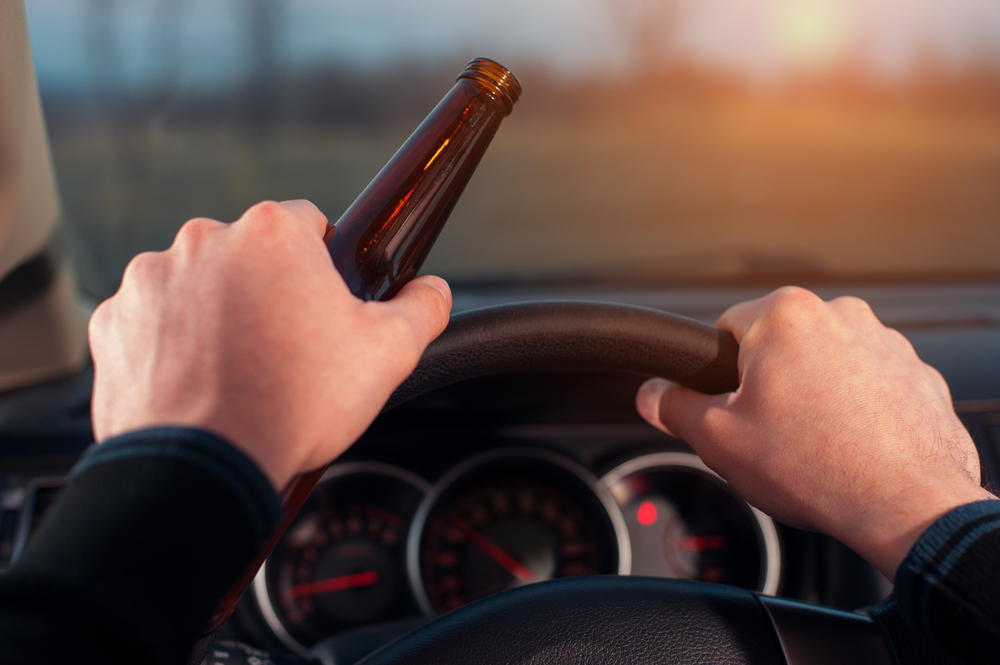<p>Driving under influence could have severe consequences in your life. After being arrested, you will be taken to the local police jail. Although, first time offenders could be released immediately from the jail, repeat offenders will need to server full jail time. After being arrested, you need to understand your right and do things to improve your condition. When a police officer pulls you over, he/she needs to comply with a regulatory scheme that prevents rights of the car owners from being violated. In the United States, when motorists are stopped because they drive under influence, it is important for them to understand about Fourth Amendment, Fifth Amendment and Sixth Amendment rights.</p>
<h3>Fourth Amendment Rights :</h3>
<p>The Fourth Amendment protects people from unreasonable seizures and searches. In this case, the police officer may ask you to get out of the car, but can’t search the car without your consent, even if the police officer has a heightened level of suspicion. As an example, it is quite common for the police officer to suspect that there’s an illegal item inside the car, such as unregistered weapons and drugs. What the officer could do is only gaze at the interior of the car, but never put his/her hands inside the interior of the car to seek unquestionable items. However, the police officer could find other forms of evidence, such as the elevated level of alcohol in your blood using breathalyzer and other test techniques. The officer could also seek the warrant for forced blood draw to get more accurate reading of the alcohol level.</p>
<h3>Fifth Amendment Rights :</h3>
<p>The Fifth Amendment protects people against self-discrimination. In this case, motorists need to identify themselves clearly when they are being pulled by the police officer. However, the motorist has no obligation to tell the officer about the origin, whether they are intoxicated or about the amount of alcoholic beverage they have had to drink. Police officers need to use their perception to find reasons for an arrest. Even so, motorists are not required to divulge any kind of statement based on incriminating questions.</p>
<p>In fact, motorists could argue that they are not intoxicated, because they consume only a limited amount of alcoholic beverage. The police officer could make subjective claims based on the odor of alcohol and the somewhat uncoordinated movement of car owner. Even so, motorists are in trouble if they are caught lying, because witnesses could be summoned into the courtroom. Car owners shouldn’t admit that they violate the law and it’s something that only the court can decide, not the police officer. The officer could only gather evidence and make an arrest when evidences are compelling. But the arrested motorist is not yet convicted of driving under influence.</p>
<h3>Sixth Amendment Rights :</h3>
<p>Sixth Amendment guarantees the rights of those who are accused of crime. One of these rights the opportunity to obtain legal counsel. With the help of legal professionals, motorists will understand their rights and they don’t need to plead guilty to all charges.</p>

Driving Under Influence: What Are Your Rights?
